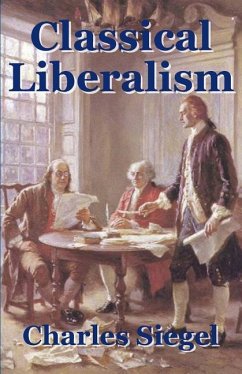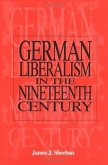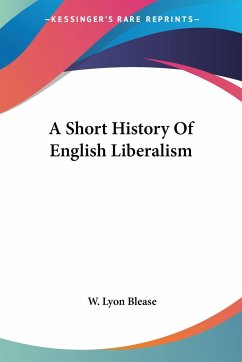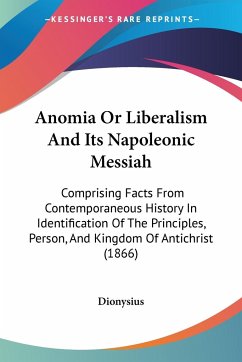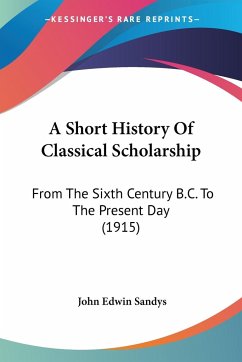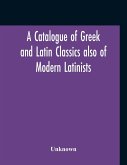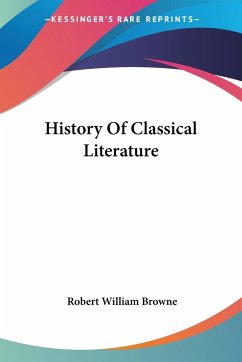"Classical Liberalism is a must read. For one thing, readers should not deprive themselves of the pure enjoyment of this engaging and clear-minded narrative of a broad swath of history. For another, anyone concerned about the state of democratic civil society in the West, and worried about its future, cannot afford to neglect this disarming analysis." - Prof. Elisabeth Lasch-Quinn, Syracuse University According to the conventional history, liberalism went through two phases, laissez-faire liberalism and modern liberalism. This book rediscovers a lost tradition of liberal thought and shows that liberalism went through three phases: * Classical liberalism believed in positive freedom, the right of people to manage their own affairs and to govern themselves. * Victorian liberalism had two aspects. Laissez-faire liberalism accommodated the industrial economy by inventing the ideal of negative freedom: freedom was simply absence of government control. There was also a more idealistic aspect of Victorian liberalism which is largely forgotten today but which was central to the abolitionist and feminist movements. * Modernist liberalism kept the laissez-faire idea of negative freedom but applied it to a narrow realm of personal behavior. It expected centralized organizations to make important decisions, and it emphasized personal freedom. Laissez-faire and modernist liberalism redefined freedom as negative in order to accommodate economic growth. To revitalize the liberal tradition, we need to revive the ideal of positive freedom.
Bitte wählen Sie Ihr Anliegen aus.
Rechnungen
Retourenschein anfordern
Bestellstatus
Storno

